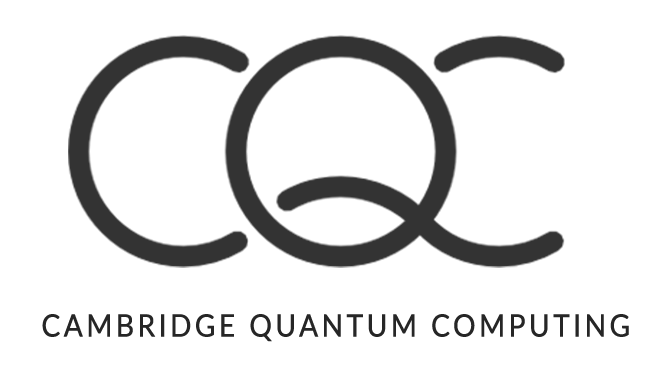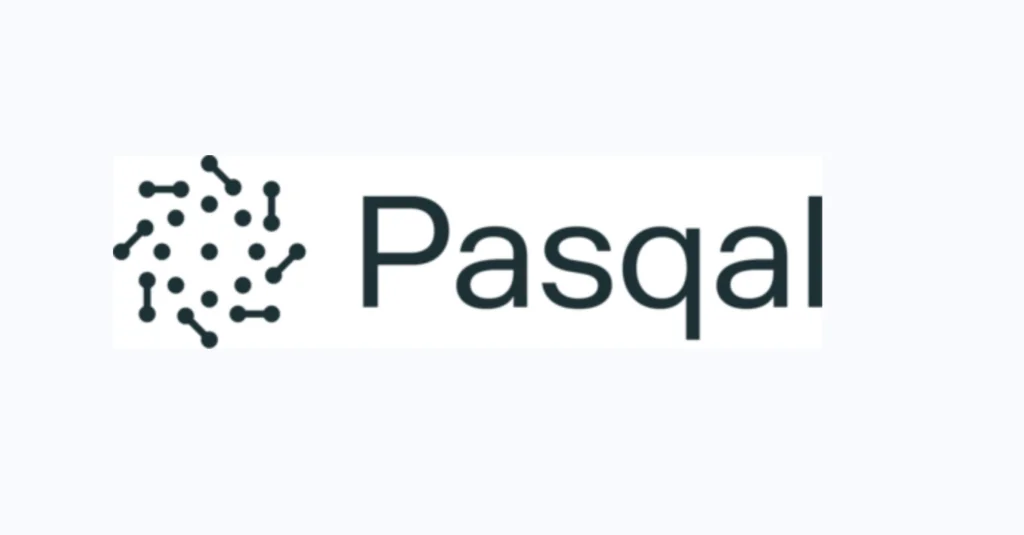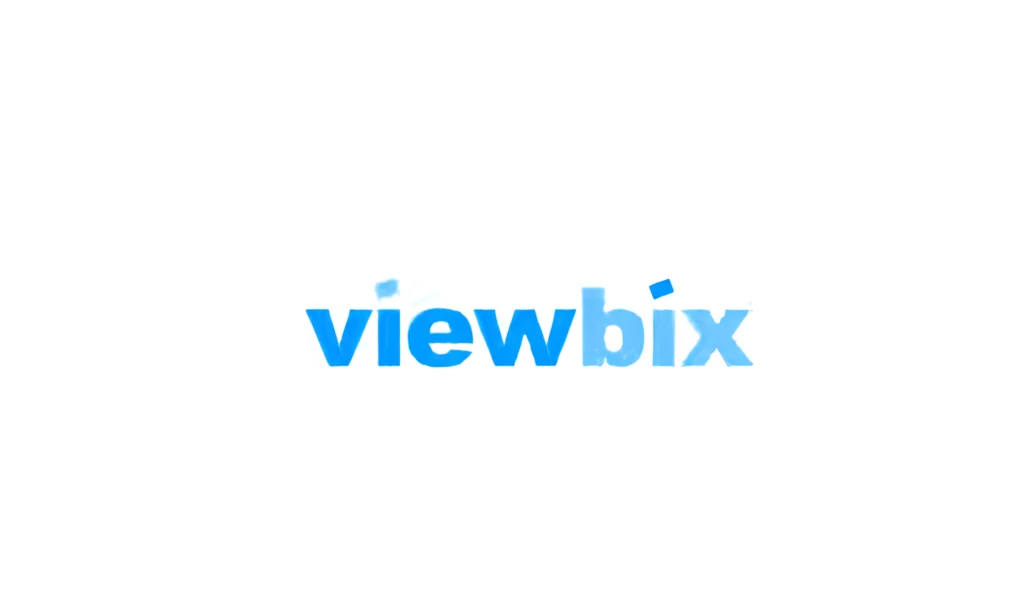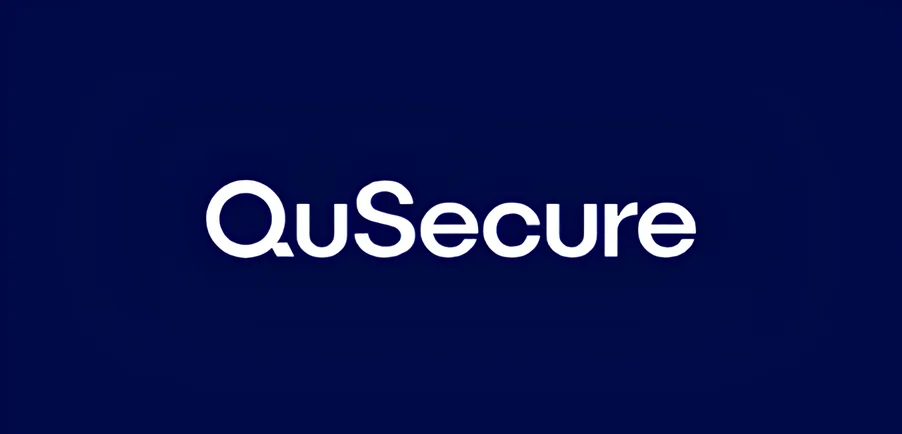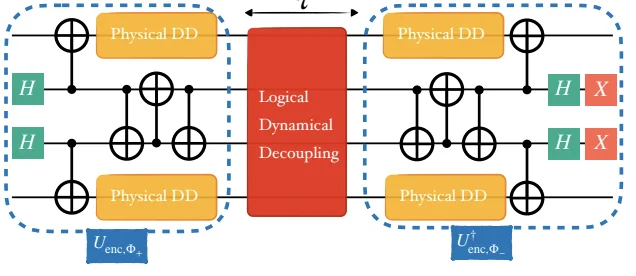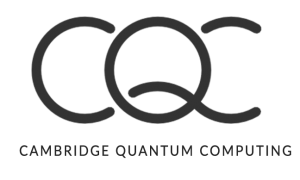 Cambridge Quantum Computing announced that the company has released a new version of their class-leading quantum software platform.
Cambridge Quantum Computing announced that the company has released a new version of their class-leading quantum software platform.
The release of t|ket⟩ 0.5 brings with it some important enhancements to existing capabilities as well as a variety of new features. These include the addition of backend support for new quantum processors such as those built by AQT and Honeywell Quantum Solutions, and also for the Microsoft Q# simulator and resource estimator.
With simpler interfaces to backends and more flexible pass constructors, as well as new methods for error mitigation, t|ket⟩ 0.5 represents a major new tool that will allow the widest variety of users to more efficiently access the widest variety of quantum computers and quantum simulators.
Other notable features include:

- Support for circuits with classical control, conditional gates, and mid-circuit measurements.
- Measurement reduction via Pauli-term diagonalization.
- New optimization routine for Trotterized Hamiltonians.
- New parametrized 2-qubit gates (ESWAP and FSim).
- Control of logging levels.
- Inspection of detailed gate error information.
- Inspection of implicit permutations introduced by routing.
- QASM streaming API.
- Numerous small improvements to API, documentation and performance.
- Python 3.8 support.
- Improved dependency management.
Full documentation: https://cqcl.github.io/pytket
This follows the news that the company is collaborating with Total on Quantum Algorithms aimed at managing carbon
About CQC Cambridge Quantum Computing (CQC) is a world-leading quantum computing software company with over 60 scientists across offices in Cambridge (UK), London, San Francisco area, Washington, DC and Tokyo. CQC builds tools for the commercialization of quantum technologies that will have a profound global impact. CQC combines expertise in quantum software, specifically a quantum development platform (t|ket⟩™), enterprise applications in the area of quantum chemistry (EUMEN), quantum machine learning (QML), quantum natural language processing (QNLP) and quantum augmented cybersecurity (IronBridge™).

